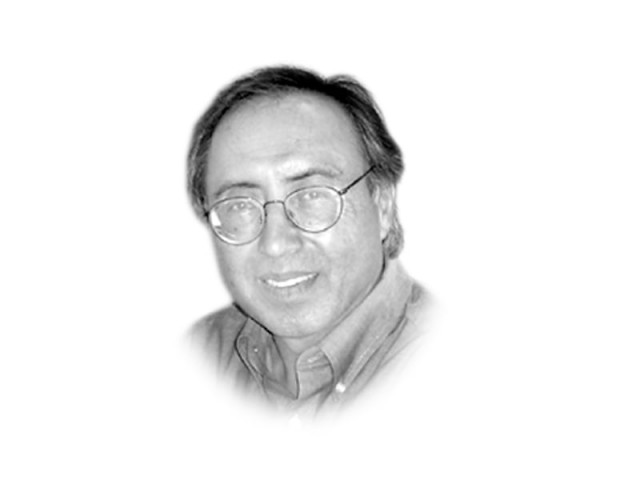The crisis of Pakistani democracy
Ruling groups have formed cliques, terming them political parties that few individuals maintain a dynastic control

The writer is professor of political science at LUMS, Lahore. His recent book is Imagining Pakistan: Modernism, State and the Politics of Islamic Revival (Lexington Books, 2017)
What are these necessary elements that are absent or weak in Pakistani democracy? For brevity of space, let us consider only three most important requirements. First is a democratic leadership that is intellectually rooted in democratic philosophy and embraces its foundational values, norms and attitudes. In countries like ours, there is hardly any meaningful debate or even basic education about what democratic philosophy or its values are. In this philosophy, the right to govern belongs to people which the elected representatives exercise as a matter of delegated trust and only in support of public interest. The understanding of ‘right to rule’ is perverted and limited to seeking votes, getting elected and forming governments. These are basic and procedural matters to transfer right-to-rule from people to the representatives.
Getting elected and assuming public offices imposes obligation of empowering people through education, good governance and economic welfare — the most important part of the social contract. Never in history, have the representative governments in Pakistan honoured their part of the contract with the spirit and commitment that democratic philosophy would require one to do. The reason is that ruling classes in feudal societies use democratic procedures to legitimise their traditional social power. They feel insecure about the spread of true democracy, as it would empower lower and middle classes that might successfully challenge their power.
The ruling groups have formed cliques, terming them political parties that a few individuals dominate and maintain a dynastic control. The social structures of the country being predominantly feudalistic in orientation have sustained a class of leaders from members of the assemblies to the cabinet and highest offices that are part of the dynastic politics. The democratic competition remains confined only to members of that social class. The political contest is theoretically opened but practically closed to other classes. This demonstrates the fact that true democracy from one social class to another has yet to take place. Compared to our country, many other parties, leaders of other countries, like Prime Minister Narendra Modi have emerged in India that have successfully challenged and replaced the conventional ruling groups.
Unlike many other transitional democracies, the political culture of the ruling classes of Pakistan has remained authoritarian, class based and discriminatory. Their style of governance favours the privileged, protects privileges and runs on patronage. They use public funds from running commercials to announcing inauguration of development projects to even some ordinary achievements to employment in public sector along with administrative interventions to garner and maintain a support base. This is pure politics at public expense. This has generated discontent and low ownership of democracy among the general masses. That is the reason why the ruling groups when thrown out of power unconstitutionally find little sympathy or support.
Finally, the present class of ‘democratic’ leadership that has flourished on corruption and patronage politics is not willing to embrace the rule of law and accountability so easily without which ‘democracy’ is bound to run into trouble.
Published in The Express Tribune, October 11th, 2017.
Like Opinion & Editorial on Facebook, follow @ETOpEd on Twitter to receive all updates on all our daily pieces.













COMMENTS
Comments are moderated and generally will be posted if they are on-topic and not abusive.
For more information, please see our Comments FAQ